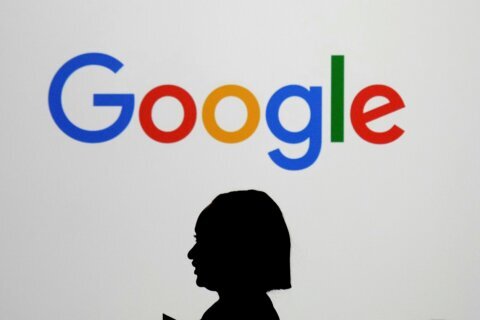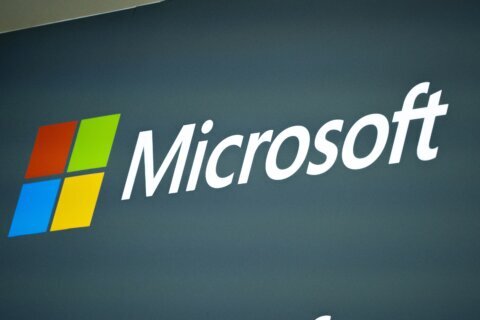Counterfeit vaccine cards and what are being billed as Covid-19 vaccines are now for sale on the dark web, according to a report released Tuesday.
Security researchers at cybersecurity firm Check Point Software said they’ve discovered listings for Covid-19 vaccines from various brands, such as AstraZeneca and Johnson & Johnson, for up to $1,000 a dose, as well as at least 20 vaccine certificates for $200 each.
The dark web is a part of the internet not detected by search engines where cybercriminals often sell and buy illicit materials, from credit card numbers and drugs to cyberweapons and now, apparently, coronavirus-related products.
A Check Point spokesperson told CNN Business it’s uncertain if the vaccines are real, but said “they appear to be legitimate” from pictures of packaging and medical certificates. Advertisements for vaccines on the dark web are up 300% in the past three months, according to the report.
Meanwhile, vaccine certificates — or proof of vaccination cards — are created and printed to order; the buyer provides the name and dates they want on the certificate and the vendor replies with what Check Point said resembles an authentic card.
The counterfeit products are being marketed to people who need to board planes, cross borders, start a new job or other activities that may require someone to give proof of vaccination.
The Centers for Disease Control and Prevention (CDC) logo, including a picture of an eagle, is featured on the top right corner of the fake vaccine cards, just like on the real ones. The Check Point spokesperson said the company estimates “vendors are capable of pumping out fake vaccination cards by the thousands, if not tens of thousands, based on requests.”
Also for sale: negative Covid-19 test results for $25 (or “buy 2, get the third for free”).
Some experts say illegal markets around vaccine cards and digital passports are inevitable. “Not everyone has access to the vaccine; roll-outs are slow in many countries, and people are tired of lock-downs and curfews,” said Michela Menting, who covers cybersecurity for ABI Research. “If people can easily get hold of a fake passport to avoid restrictions, then they will, and an illicit market will spring up around it.”
The news comes as government agencies warn people to stop posting pictures of their vaccine card on social media to avoid potential identity theft or be a target for phishing schemes.







